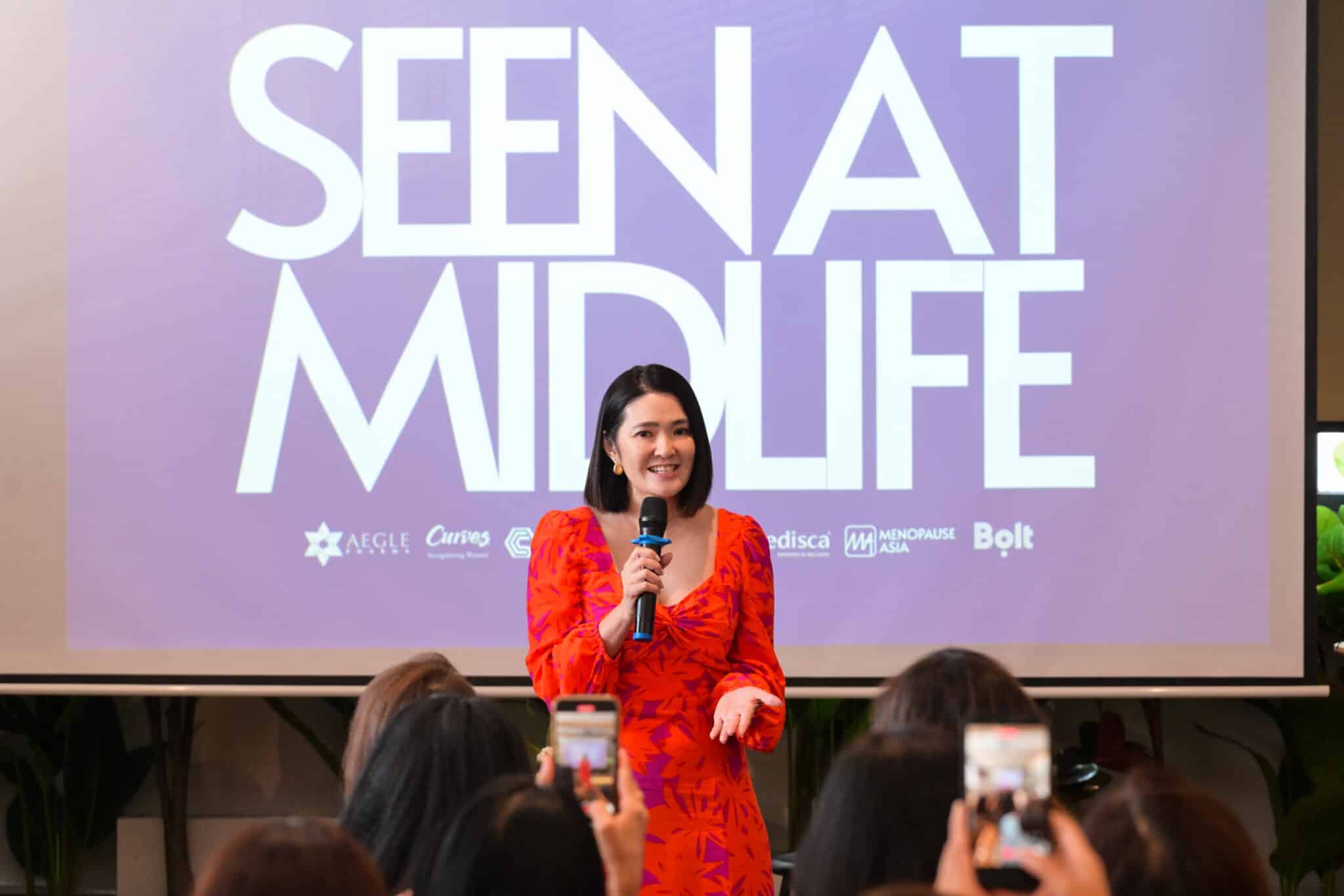Employers are actively responding to changing workforce expectations and the latest technological advances to modernize employee benefits delivery. Three-quarters of employers view HR technology as the biggest driver of changing benefits priorities in their organizations, according to The Future of Benefits Technology, a new report from Mercer Marsh Benefits.
A key part of this change is the move toward centralized benefits platforms that streamline administration, improve data integration and provide a unified experience for employees. Personalization is another critical focus, with employers tailoring benefits offerings to diverse employee needs across generations, life stages and individual preferences. The integration of AI is becoming increasingly prevalent, enabling enhanced analytics, personalized recommendations and proactive support, such as early detection of burnout.
“Despite these promising developments, employers face several key challenges in adopting and optimizing benefits technology,” the report said. “Integration complexity remains a significant hurdle as organizations often struggle to connect disparate systems and data sources. Data privacy and security concerns also weigh heavily, requiring careful management to comply with regulatory requirements and maintain employee trust.”
Budget constraints and shifting organizational priorities can limit investment in new technology platforms. In addition, employee engagement with benefits technology is uneven, with some employees facing access issues or lacking awareness of available tools.
To keep pace with the future workforce, employers have critical opportunities to leverage benefits technology more strategically:
Centralization. Employers increasingly are adopting centralized benefits platforms to streamline operations, reduce complexity and improve data utilization. Nine in 10 employers already have centralized their benefits or plan to do so within the year, and 62% plan to consolidate their benefits technology and brokerage with a single advisor within the next 12 months.
Personalization. Demand for personalized benefits tailored to the diverse needs of employees, especially across different generations, is growing. Although 71% of employees feel their benefits experience is relevant, 52% still have unmet needs. Employers have the opportunity to add value through personalized offerings. Forty-six percent of employees express interest in building their own benefits packages, and 38% want to receive tailored content based on life events.
AI integration. The use of AI in benefits technology is rapidly increasing, with half of employers currently using AI and nearly all planning to implement it soon. AI supports enhanced analytics, personalization and early detection of employee burnout—advantages that employers already are leveraging. Fifty-eight percent currently are using insights to personalize benefits recommendations, and 56% are taking this approach to better understand the mental and physical health needs of their workforce. However, building trust and transparency around AI use is critical because some employees remain skeptical.
“Employers must move beyond one-size-fits-all solutions by offering intuitive platforms that allow customization and tailored recommendations,” the report concluded. “This approach boosts employee satisfaction, retention and wellbeing; increases platform engagement; and helps employers attract talent while fostering an inclusive workplace culture.”






















